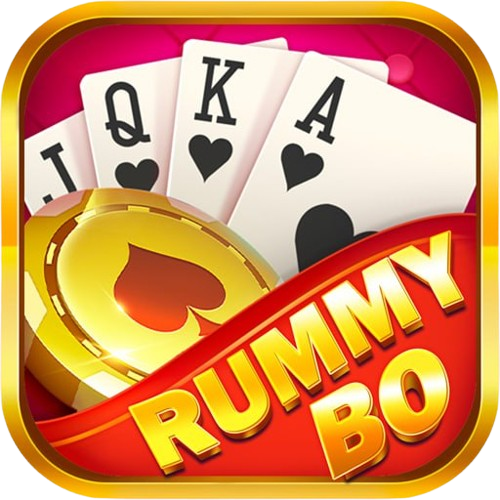Rummy is a card game with a rich history that spans centuries and continents. Its evolution from ancient roots to its current popularity as a global game is a fascinating journey. Let’s explore the history of rummy and how it has become one of the most beloved card games in the world.
Early Origins
Ancient Roots: The origins of rummy can be traced back to ancient card games played in Asia and the Middle East. Games like Mahjong in China and the Persian game As Nas are believed to have influenced the development of rummy.
Migration to the West: The game spread to Europe and the Americas through trade and exploration. By the 19th century, various forms of rummy were being played across different cultures, each adding unique twists to the game.
Development in the 19th and 20th Centuries
American Influence: In the early 20th century, rummy gained significant popularity in the United States. The game evolved into several variants, including Gin Rummy, which became a favorite pastime during the Great Depression.
European Variants: In Europe, rummy games like Kalooki and Canasta emerged, each with distinct rules and regional influences. These variants contributed to the diversity and richness of rummy’s gameplay.
Rummy in the Digital Age
Online Platforms: The advent of the internet revolutionized rummy, making it accessible to a global audience. Online platforms allowed players to compete with others from around the world, bringing a new level of excitement and competition to the game.
Mobile Gaming: The rise of smartphones further expanded rummy’s reach. Mobile apps made it possible to play rummy anytime, anywhere, leading to a surge in the game’s popularity.
Cultural Impact
Social Bonding: Rummy has always been more than just a game; it’s a social activity that brings people together. Family gatherings, social events, and community centers often feature rummy as a way to foster connections and enjoy shared moments.
Festive Celebrations: In many cultures, rummy is a staple during festive celebrations. In India, for example, rummy is traditionally played during Diwali, adding to the joy and spirit of the festival.
Modern Popularity
Professional Tournaments: Rummy has evolved into a competitive sport with professional tournaments held worldwide. These events attract top players and offer significant prizes, elevating the game’s status in the competitive gaming community.
Global Community: Online rummy platforms have created a global community of players who share a passion for the game. Forums, social media groups, and live tournaments foster a sense of camaraderie and cultural exchange among players.
Conclusion
The history of rummy is a testament to its enduring appeal and adaptability. From its ancient roots to its modern popularity, rummy has evolved through centuries, influenced by different cultures and technological advancements. Its journey reflects a rich tapestry of tradition, innovation, and social connection. As we continue to enjoy rummy in its various forms, we celebrate not only a game but also a piece of cultural heritage that unites people across the globe.

